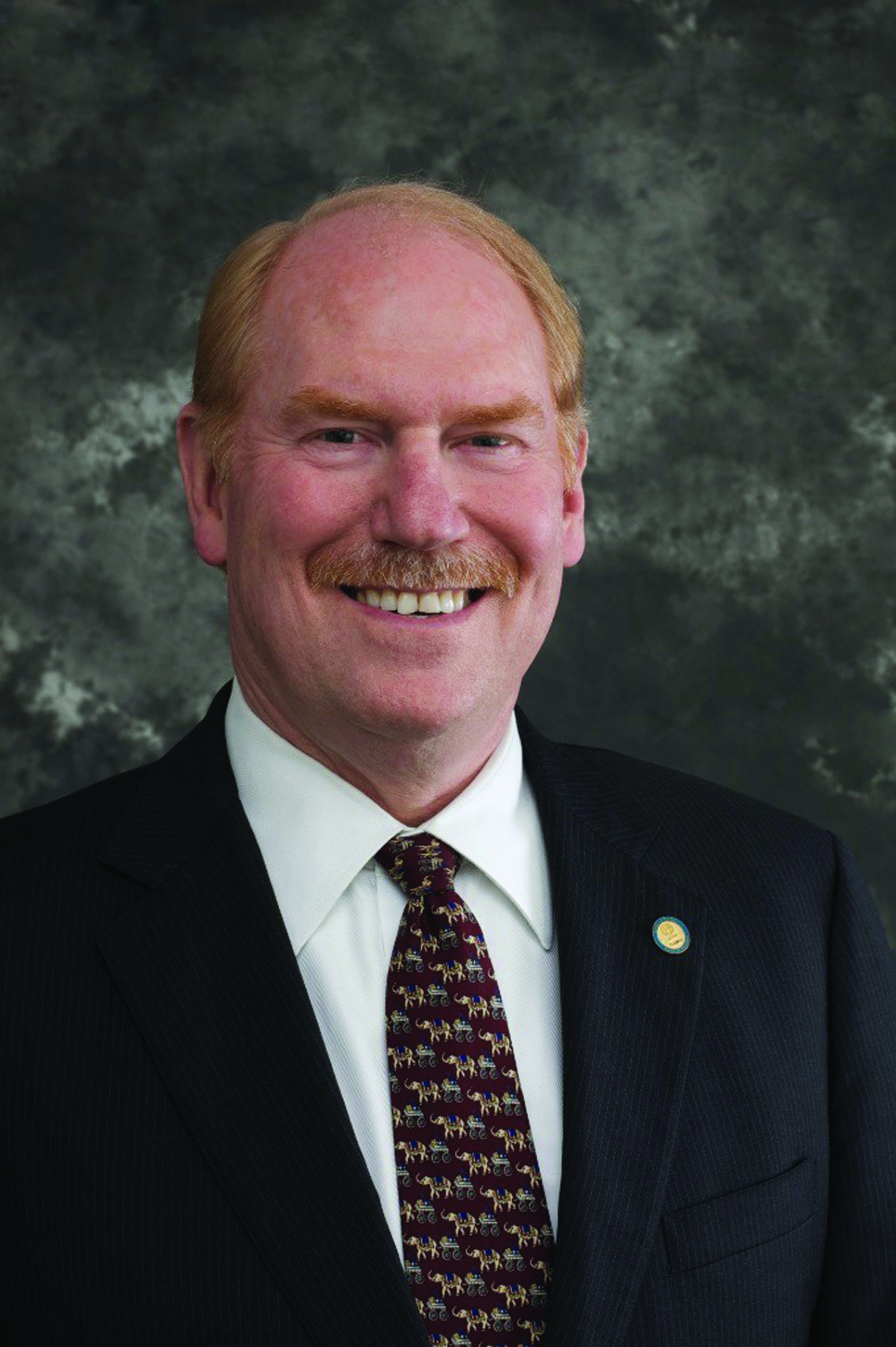Fighting to let pharmacists keep patients safe
It is notable that in conversation around the Chicago Tribune story, “Pharmacies miss more than half of dangerous drug combinations,” no one has claimed the problem lies in pharmacists’ knowledge, dedication, or training. Pharmacists are medication experts who pursue this profession to practice at the top of their training, to educate patients and caregivers on proper medication use, and ensure that the right patients receive the right medication at the right time, in the right dose, and with the right route.
In my letter to the editor, I wrote about the barriers that impede pharmacists from practicing this way: lack of access to complete patient information via electronic health records, a payment system focused on volume over quality time spent with patients, and performance metrics that pressure pharmacists to work quickly. APhA is fighting every day for the chance to improve the lives of our patients by overcoming these obstacles.
Clifton Leaf used his first Fortune Brainstorm Health Daily column of 2017 to present his perspective. Leaf writes that while pharmacies are a “critical link in the health care chain,” they are underutilized and undervalued as polypharmacy proliferates. While we—as all other members of the health professions—suffer from “alert fatigue” that needs to be addressed, pharmacists can contribute significantly to untangling the web and guiding medication use through medication reviews and counseling.
We maintain that to take full advantage of pharmacists’ knowledge, we must be allowed to get off the bench and in the game. Pharmacists must be recognized and utilized as part of the comprehensive health care team to best ensure patient safety.
Last, he writes, “[our] health system is squeezing pharmacists hard—and, if we continue in the same vein, we might possibly squeeze them out of their role as ‘frontline’ caregivers altogether.”
We, as pharmacists, know that all too well. That’s why APhA will continue to lead the fight to enact the Pharmacy and Medically Underserved Areas Enhancement Act, which is due to be reintroduced in the U.S. Senate as soon as this week. You’ll see more about this in the coming days.
Get in touch with your congressional representatives. Call them, write them, visit them, and invite them to visit your practice to see firsthand the work you do for your patients and community. Even if they cosponsored the legislation last session, reach out and thank them for their support and urge them to take action again in 2017.
Changes in our health care system are occurring, and we are ready to impact patient care. As I have said in previous blog posts: “Remove the system challenges and barriers, align the incentives, and watch what we can do.”
The time is now to be in the game. Stay tuned and stay involved to ensure that we can.

